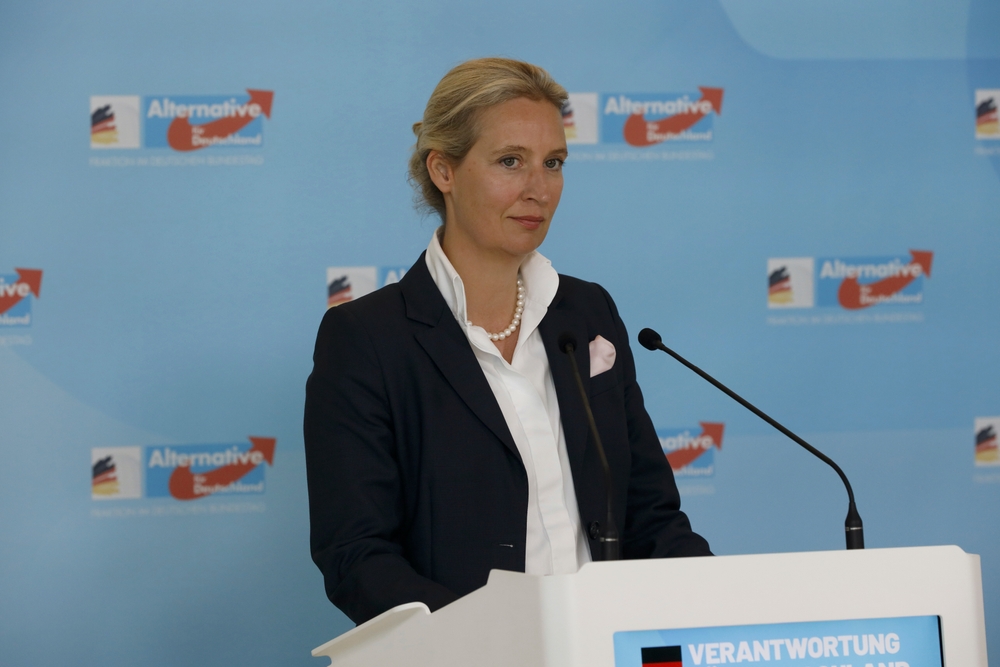AfD surges past CDU/CSU as Berlin prepares for new coalition government
Others are reading now
Germany’s far-right Alternative for Germany (AfD) party has taken the top spot in a national opinion poll for the first time, marking a historic moment in the country’s political landscape.
The results come just hours before the formal announcement of a new coalition government in Berlin.
According to a survey conducted by Ipsos, AfD now leads with 25% of voter support, narrowly surpassing the conservative bloc made up of the Christian Democratic Union (CDU) and its Bavarian sister party, the Christian Social Union (CSU), which collectively hold 24%.
The Social Democrats (SPD) follow in third place with 15%, while the Greens and Die Linke (The Left) each poll at 11%.
Also read
The poll results, as reported by HotNews, signal a shifting dynamic in German politics, just six weeks after federal parliamentary elections where AfD placed second behind CDU/CSU.
Conservatives and SPD finalize coalition as AfD builds momentum
Despite AfD’s polling momentum, the CDU/CSU and SPD are moving forward with a coalition deal. The agreement, set to be officially announced Wednesday, will see CDU leader Friedrich Merz assume the role of chancellor.
The formation of a traditional centrist coalition comes amid growing concern over the rise of nationalist rhetoric and the appeal of AfD’s anti-immigration platform, particularly in economically struggling and rural areas of Germany.
While AfD’s national performance in the elections didn’t translate into immediate governing power, its continued ascent in polls could place pressure on the incoming government and reshape political discourse across the country.
Polling milestone reflects growing far-right appeal
The Ipsos poll marks the first time AfD has led a national survey since its founding in 2013. Originally established as a euroskeptic party, AfD has since evolved into a major far-right force in German politics, frequently criticized for its stance on immigration, the European Union, and Germany’s post-war memory culture.
Analysts caution that while polling highs don’t guarantee electoral success, the symbolic impact of AfD leading nationally cannot be ignored.
With Friedrich Merz preparing to lead a new coalition, the question now is how his government will respond to this surge in far-right support — and whether traditional parties can win back voters drifting toward political extremes.





